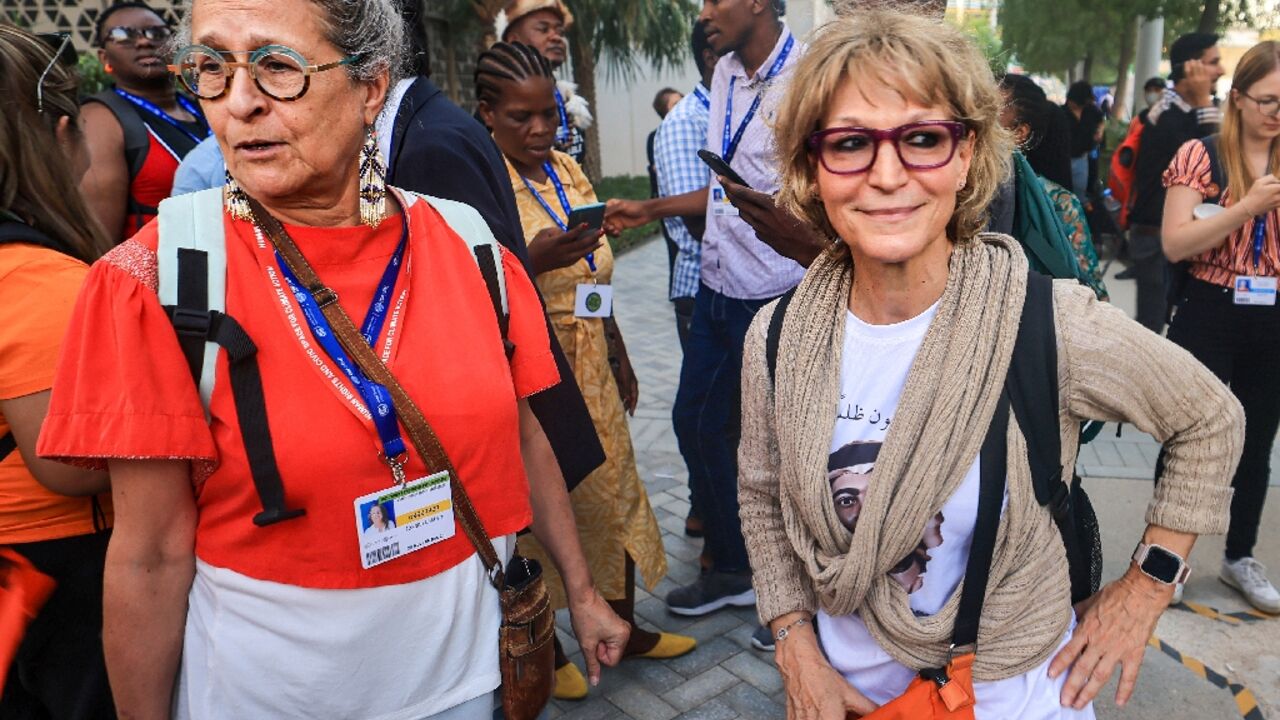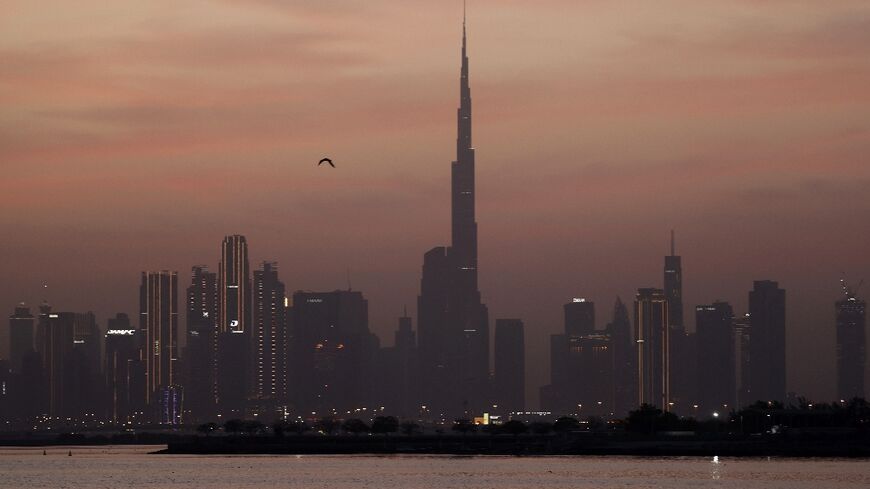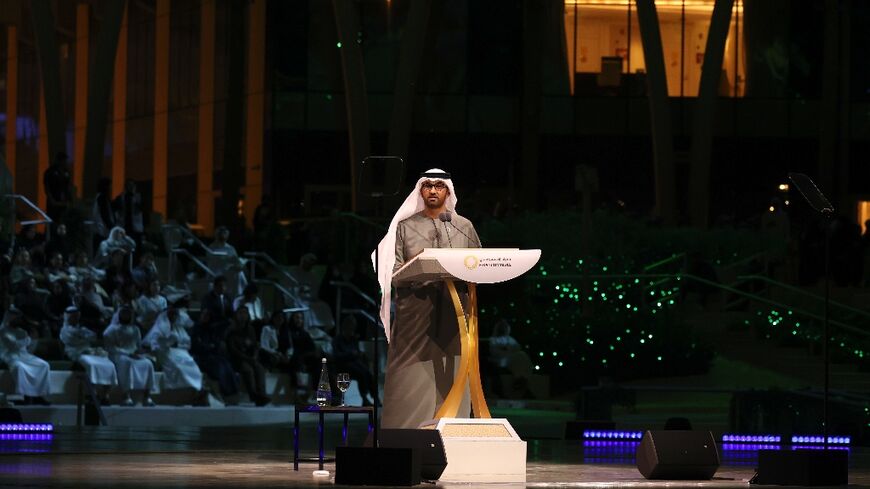UAE 'repressive environment' complicating COP28 activism: Amnesty

Restrictions on speech and protest in the United Arab Emirates are complicating UN approval of an Amnesty event at COP28 demanding the release of Emirati political prisoners, the group's secretary-general said Tuesday.
Speaking on the sidelines of the United Nations climate talks in Dubai, Agnes Callamard said the obstacles hampering activist actions within a UN-managed Blue Zone at the COP venue are slightly larger than previous years despite no changes to the guidelines.
"The UN has been trying to find ways for us to do our actions. It is taking a lot of steps and negotiations... but it is working within an environment that is making them... much more complicated," Callamard told reporters at the COP28 venue.
In previous years, "the obstacles we confronted may have been a bit less", she said, adding "the number of negotiations and hurdles to me indicate that the interpretation of the (UN) rules are largely driven by the (UAE) environment in which we operate".
Responding to Callamard's comments, the UAE's COP28 team said applications for Blue Zone actions were reviewed "exclusively" by the UN.
Amnesty and Human Rights Watch accuse the UAE of jailing 64 Emirati political prisoners, including rights activists, many of whom authorities allege have links to outlawed groups such as the Muslim Brotherhood.
Callamard spoke after a planned Amnesty event demanding the release of Emirati rights activist Ahmed Mansoor and other political detainees was twice delayed pending approval by the UN body managing the climate talks.
Amnesty has yet to receive a final green light amid negotiations over the format of the event and demands by the UN for certain changes.
"We are not holding the event we were planning to hold when we were planning to hold it," Callamard said. She added that they also had to change its format.
"There are many steps which have very little to do with UN regulations because we follow them to the word and have a lot to do with how the rules are interpreted in a country such as the UAE," she added, calling the country a "repressive environment".
- 'Longstanding guidelines' -
The UAE, a federation of seven sheikhdoms, bans unauthorised protests and prohibits criticism of rulers and speech that is deemed to create or encourage social unrest.
At COP28, it said it would allow activists to peacefully assemble in designated areas to make their voices heard.
A spokesperson for the UAE's COP28 team said "all applications in the Blue Zone are reviewed exclusively by UNFCCC (the UN Framework Convention on Climate Change) under the longstanding guidelines determined by them".
"As part of our commitment to delivering an inclusive COP, COP28 has dedicated spaces and platforms for all voices to be heard," the spokesperson said, adding that "people are already assembling peacefully around a variety of topics".
The actions within the Blue Zone are subject to UN restrictions which ban the naming of states, leaders or companies as well as the raising of country flags.
Organisers also have to request permits, identify action zones and appeal for approval for banners, slogans and chants -- conditions which have applied to previous COPs.
Amnesty's chief said she was willing to comply with UN restrictions but not those of the Emirati state.
"What we can not accept is for the political restrictions and the civic restrictions of the UAE to be normalised in the context of a UN meeting on climate justice," Callamard said.
"We must be able to denounce and demand the freedom of all those who are pushing for respect for basic freedom and basic human rights, that includes someone such as Ahmed Mansoor," who was arrested in 2017 under the Gulf state's cyber-crime law.
Described by activists as "the last human rights defender" in the UAE, Mansoor was sentenced to 10 years in prison in 2018 after being convicted of spreading false information on social media and harming the reputation of the state.




